The Era of Brazilian Parathletes: Achievements Beyond Physical Limitations
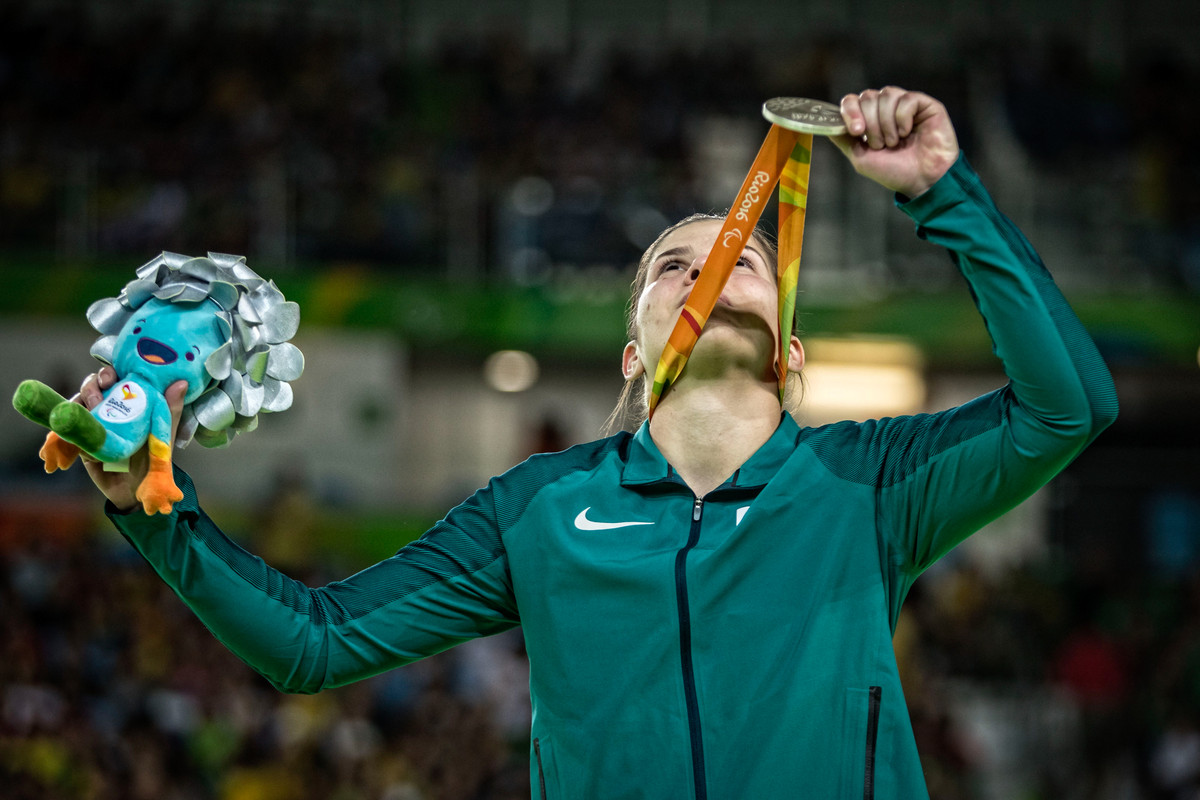
|
Getting your Trinity Audio player ready... |
Starting sports activities at a young age can offer enduring benefits for women. It’s widely recognized that this leads to a substantial boost in self-esteem and social integration while also fostering physical and mental health. Being involved in sports often aligns with a heightened sense of personal accomplishment, pride, and the spark of creativity. Yet, female athletes encounter unique cultural and psychosocial hurdles throughout their lives, challenges that their male counterparts rarely face. This partially accounts for the male predominance seen across most sports disciplines in Brazil. These barriers pose significant impediments to the careers of female athletes in general. However, the situation proves to be even more challenging for Brazilian Paralympic athletes.
Despite facing less funding than non-paralympic athletes, more modest financial rewards, and less media visibility and national recognition, these women are prepared to showcase their determination and courage. When talking to them, it becomes clear that they aspire to overcome all obstacles and shift the narrative that describes them as inspiring solely due to their physical conditions. They yearn to be recognized as women capable of achieving great feats.
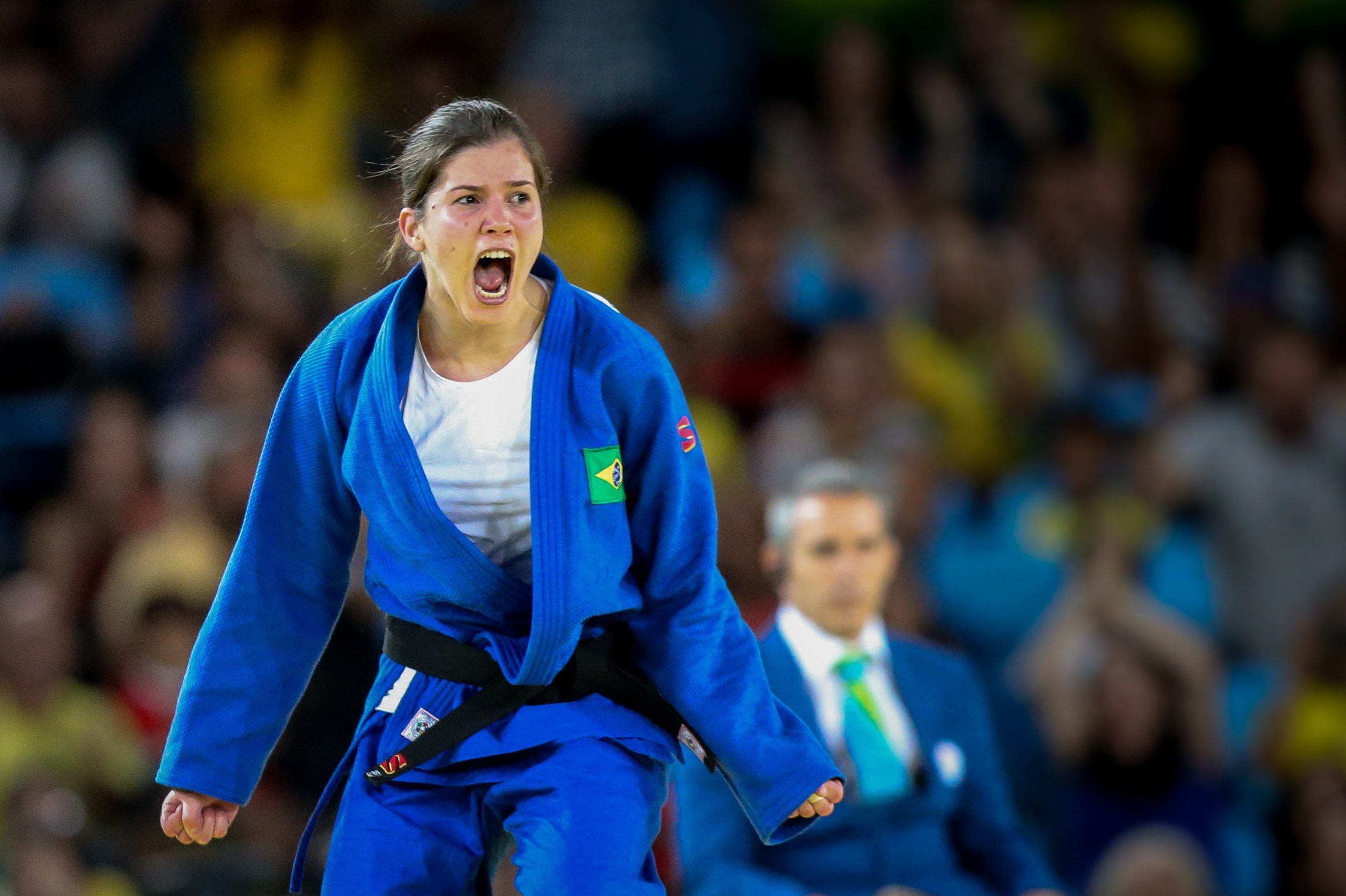
Diagnosed with Stargardt’s disease at the age of 14, a genetic condition that led to the progressive loss of central vision, Alana Maldonado saw her world change dramatically. Currently, with approximately 10% vision in both eyes, she did not allow her condition to define her boundaries. On the contrary, Alana became a dominant force in the up to 70kg category of the Tokyo Paralympics, where her technique and determination led her to become the first Brazilian woman to win gold in Paralympic judo. In addition to this historic achievement, she has amassed an impressive array of victories, including the silver medal at the Rio Paralympic Games in 2016 and gold at the Lisbon World Championship in 2018, solidifying her status as one of the greatest Paralympic judokas in the world.
“We are here to show the strength of women. A significant milestone was the record participation of female athletes in the Lima Parapan American Games. This edition was historic for the number, quality, and competitive spirit we demonstrated. We are on a significant rise, tirelessly fighting for our space,” emphasizes Alana, highlighting the advancement of women in Paralympic sports.
Recognition
The athletes are unanimous: The Paralympic Games are still striving to achieve the recognition and appreciation they deserve. For instance, during the Olympics in Rio de Janeiro, Brazil, the opening ceremony attracted over 30 million viewers, while the Paralympics reached just over 2 million. This disparity reflects the need for greater support and visibility for Paralympic athletes. Edênia Garcia, a Paralympic swimmer and advocate for equality in sports, argues that the fight for recognition is constant and essential for advancing Paralympic sports. “Many still view Paralympic sports through a reductive lens as merely therapy or rehabilitation, not a high-competition arena. This view is a profound misconception, as the level of dedication and seriousness we devote to sports is extremely high. The barriers are many, and the need to prove our worth is a constant, especially for women, who face the social stigma that sports would be a predominantly male domain”, says Edênia.
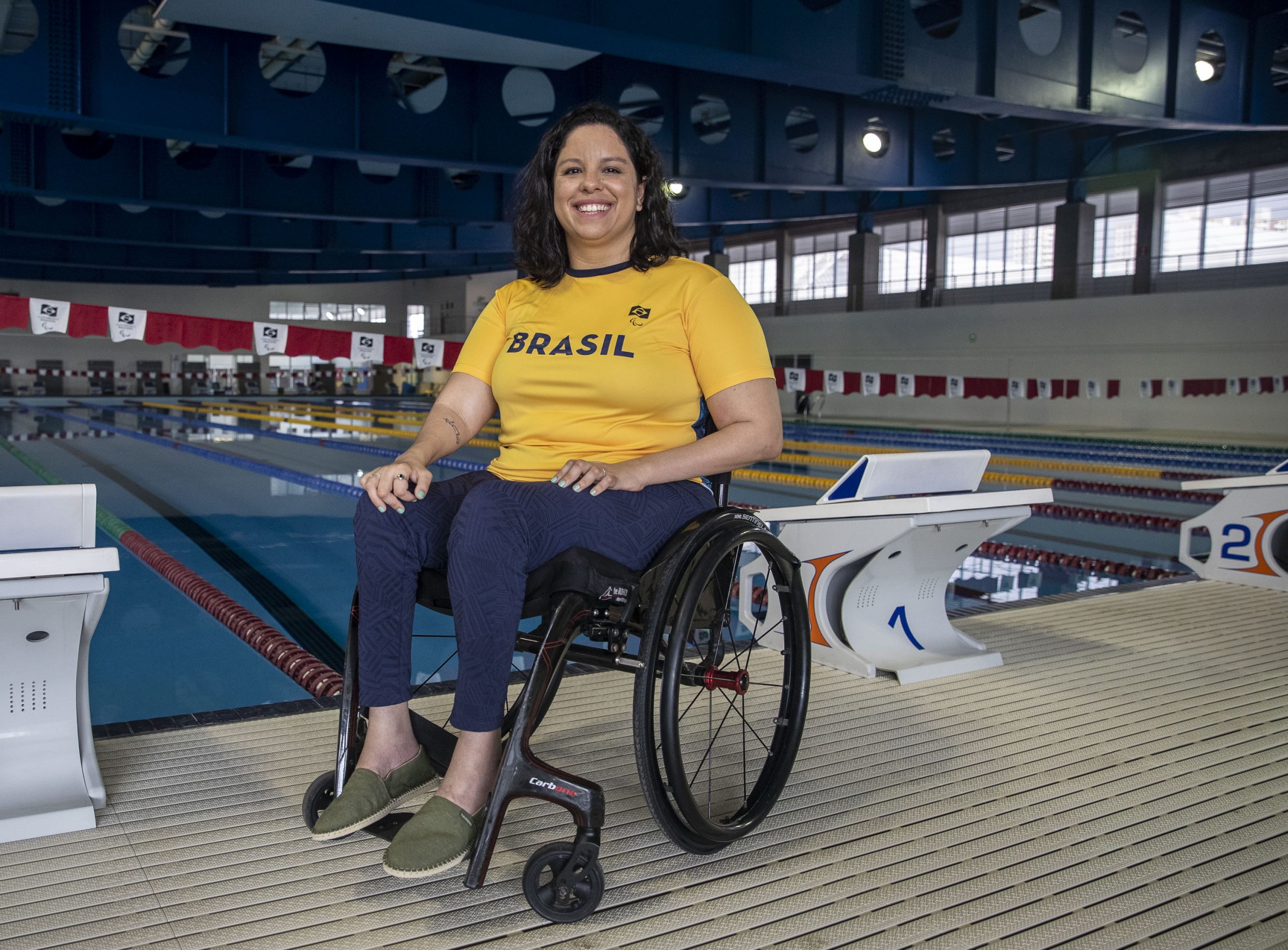
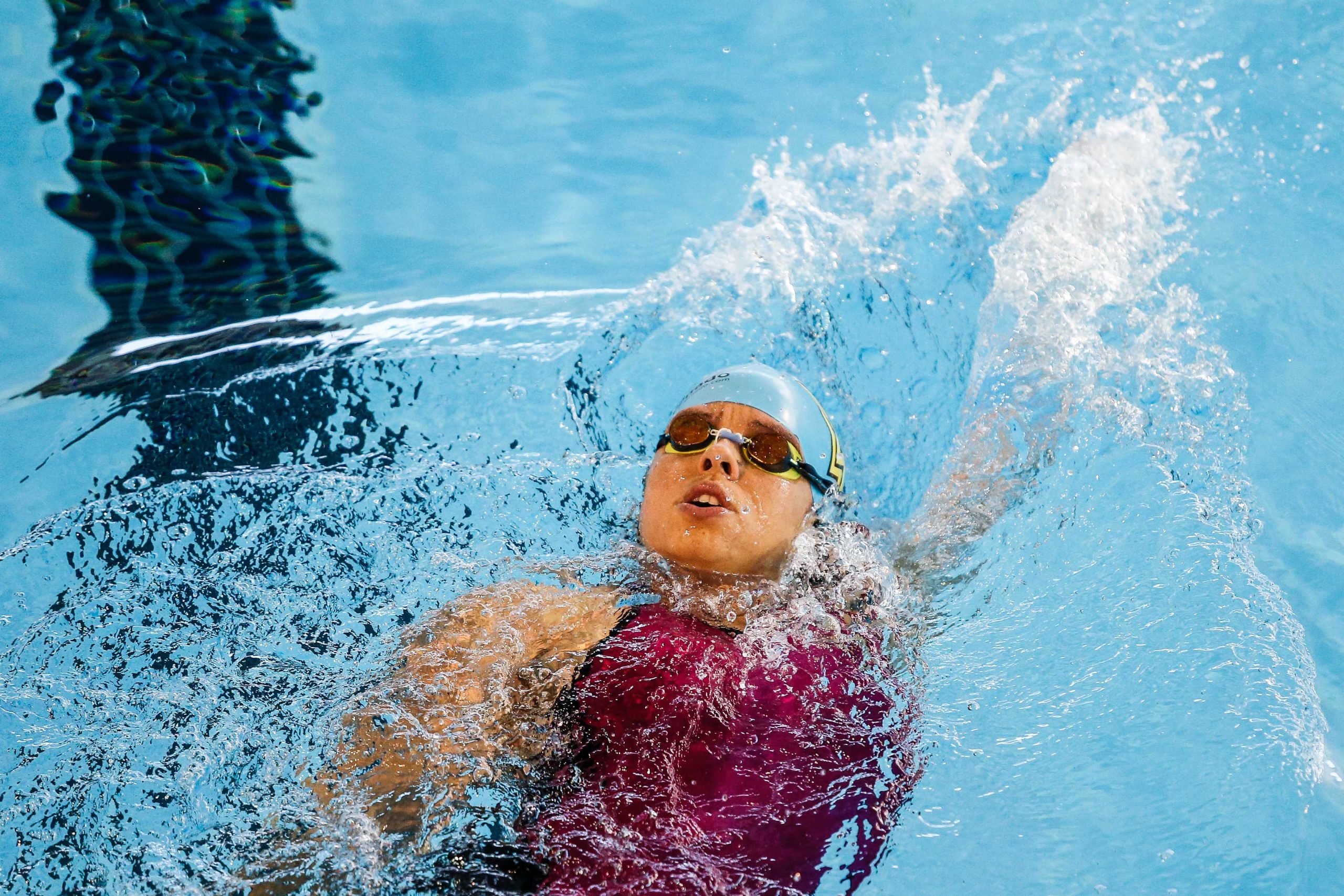
Edênia clarifies: “Being called an example of inspiration can be limiting when people focus only on physical characteristics. As someone who is LGBTQIA+ and lives with a disability, I am much more than a symbol of overcoming. I desire that people see me as a woman pursuing her goals, targets, and dreams, where disability is just a part of who I am, not the totality of my identity.”
Susana Schnarndorf, also a Paralympic swimmer, echoes this sentiment: “There are still those who look at us with pity, without recognizing Paralympic sports as a high-level competition. Disability is seen as a daily obstacle, but that is not my view. Sport is for everyone, regardless of physical condition or gender. It is inclusive and has the power to transform lives. This is the message we defend and live every day.”
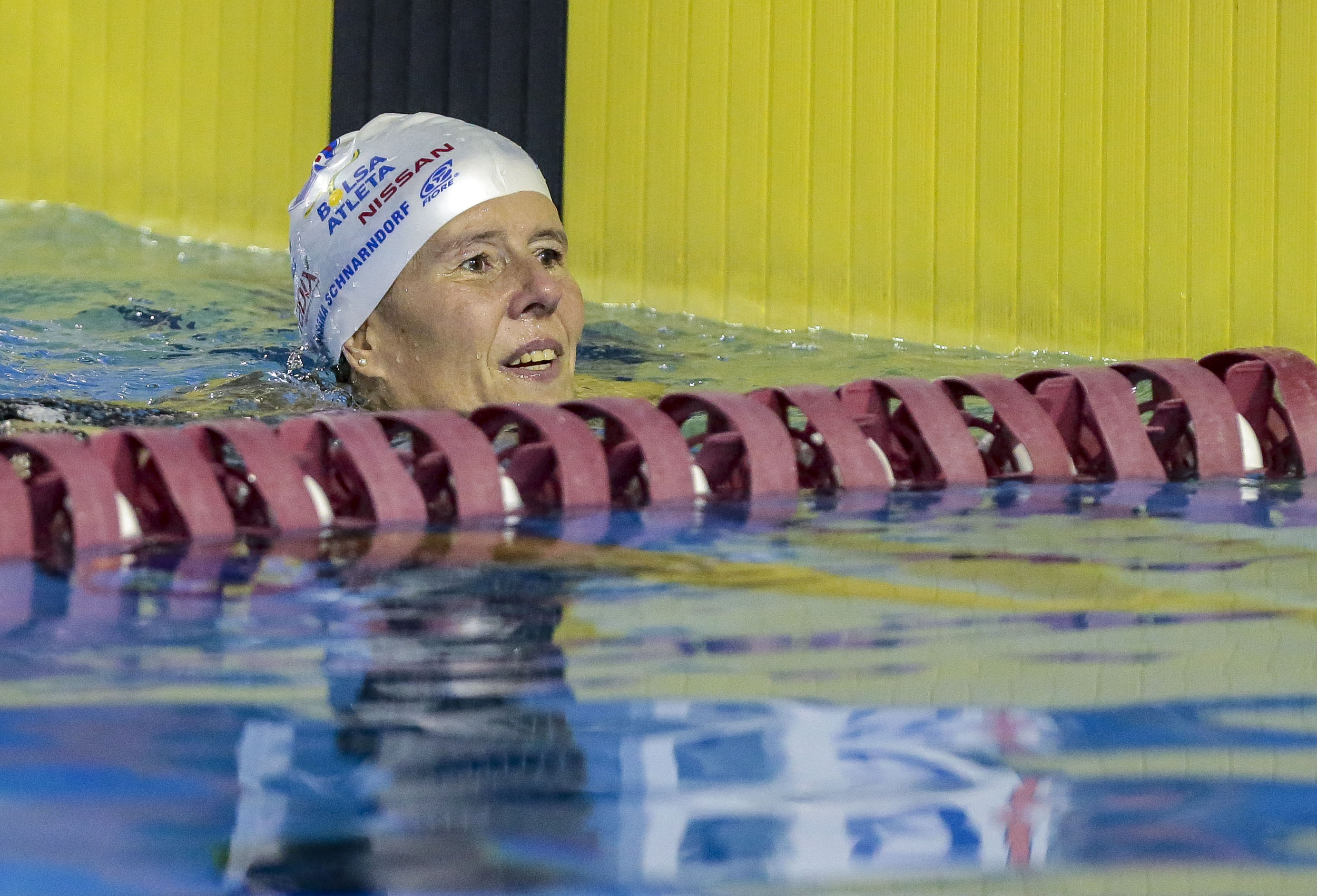
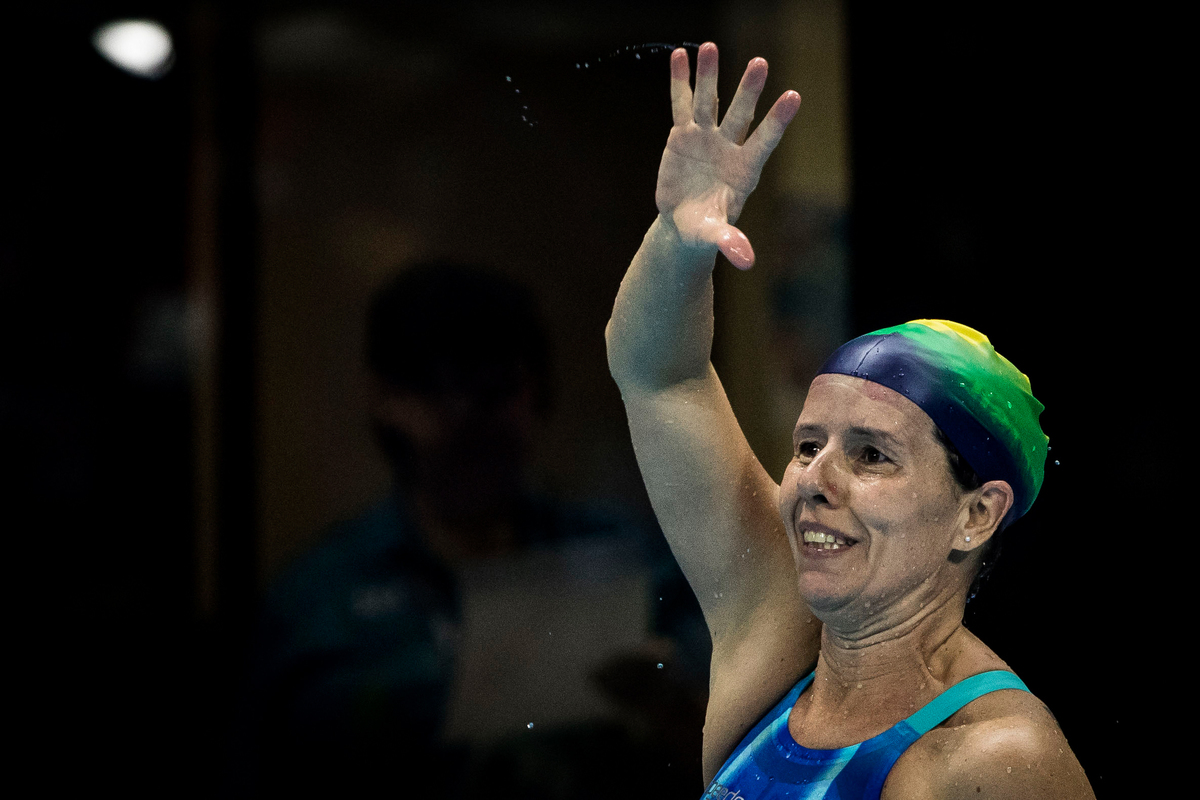
The celebration of resilience
On the global stage, Brazil’s Paralympic athletes have demonstrated a resilience that transcends sport. They embody perseverance, facing physical challenges and the social and cultural barriers that often limit the recognition of their achievements. Each competition is an opportunity to show the world their abilities surpass conventional expectations. Through their ironclad determination, they have rewritten success narratives, showing that the true measure of an athlete is not found in medals but in the courage to compete and the passion to pursue excellence. Their stories are not just inspiring; they are a call to action for all of us to celebrate diversity and the strength of the human spirit.

















